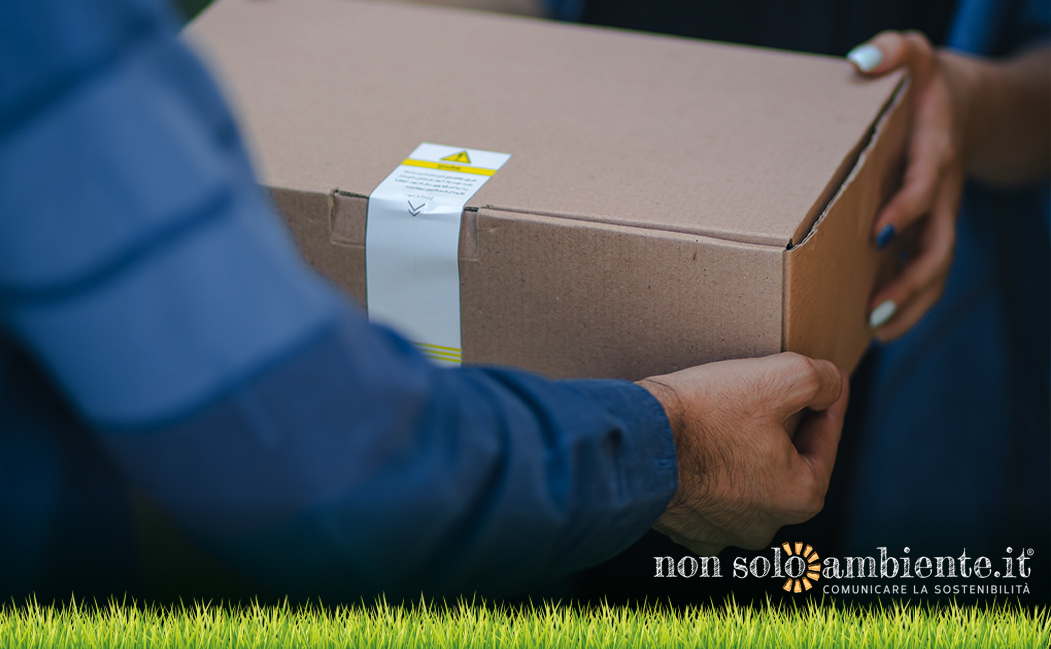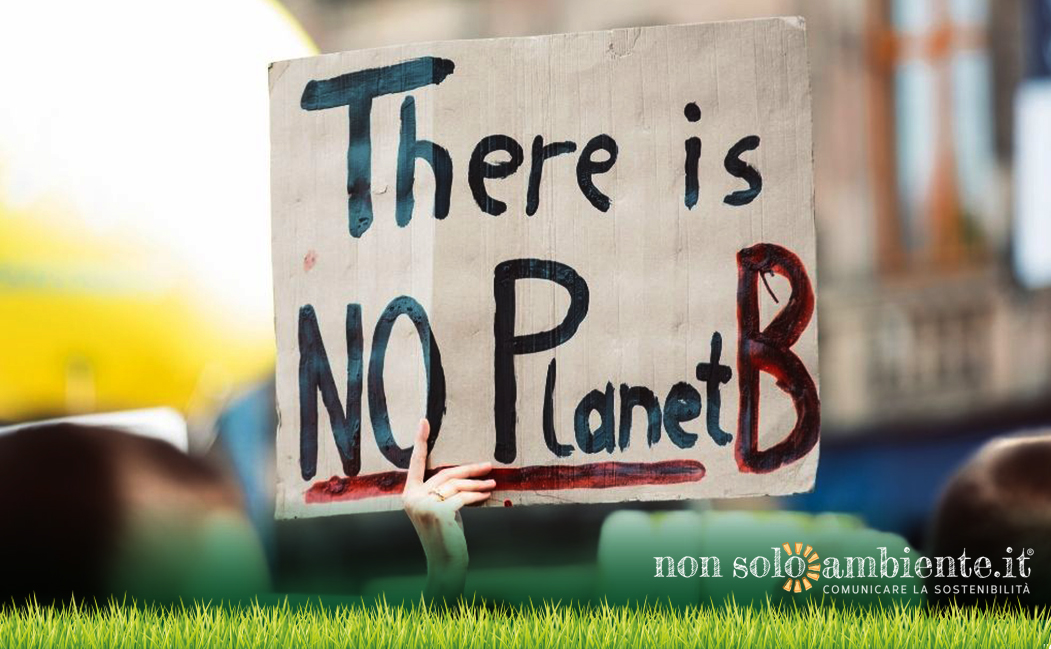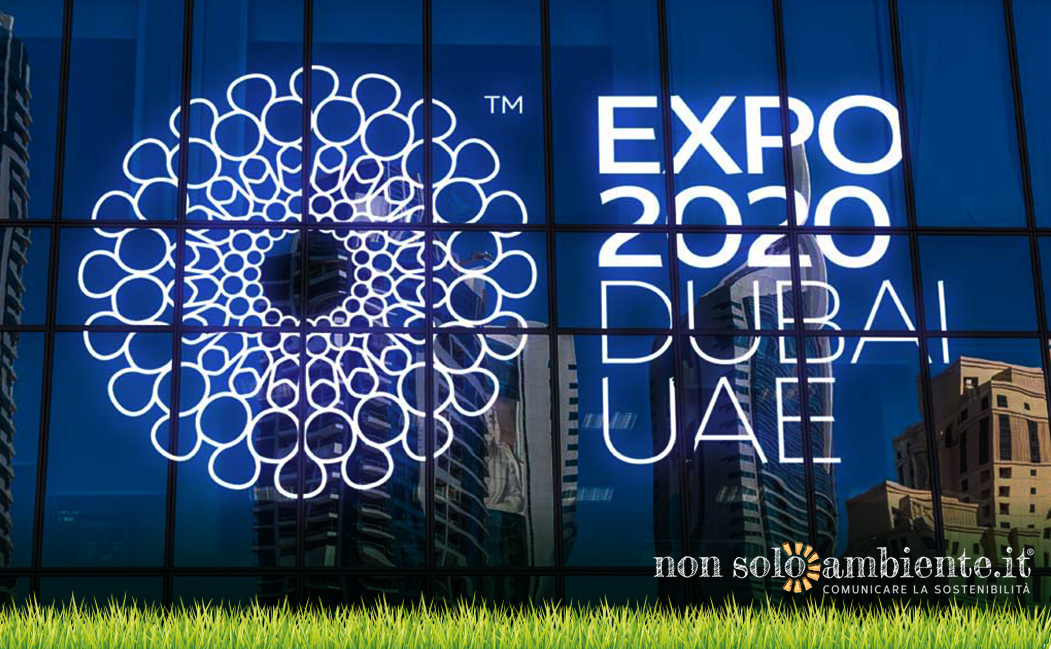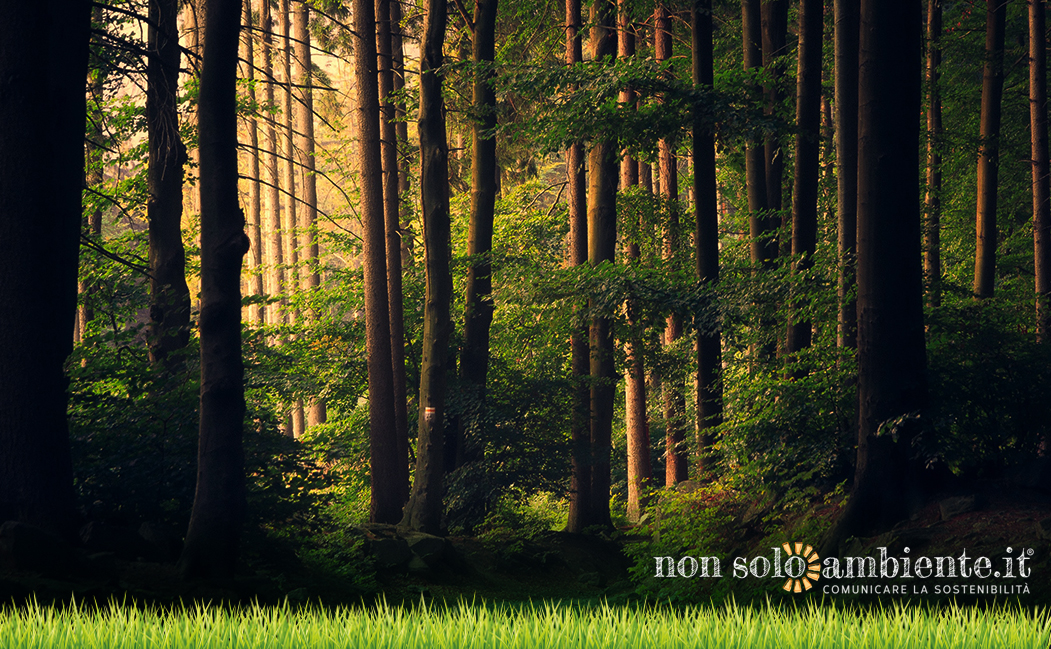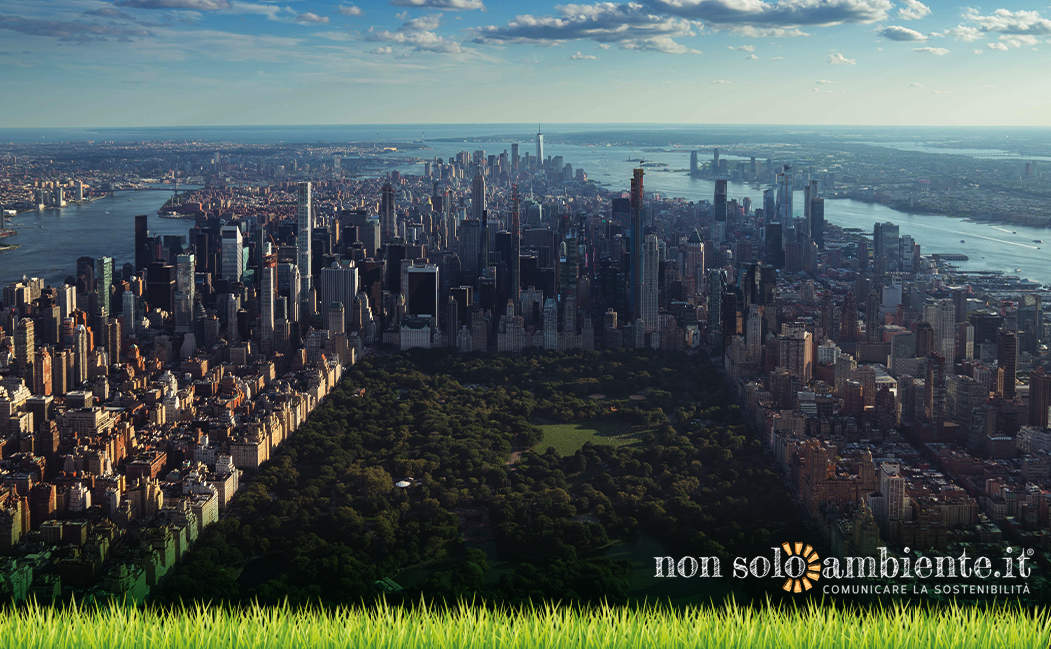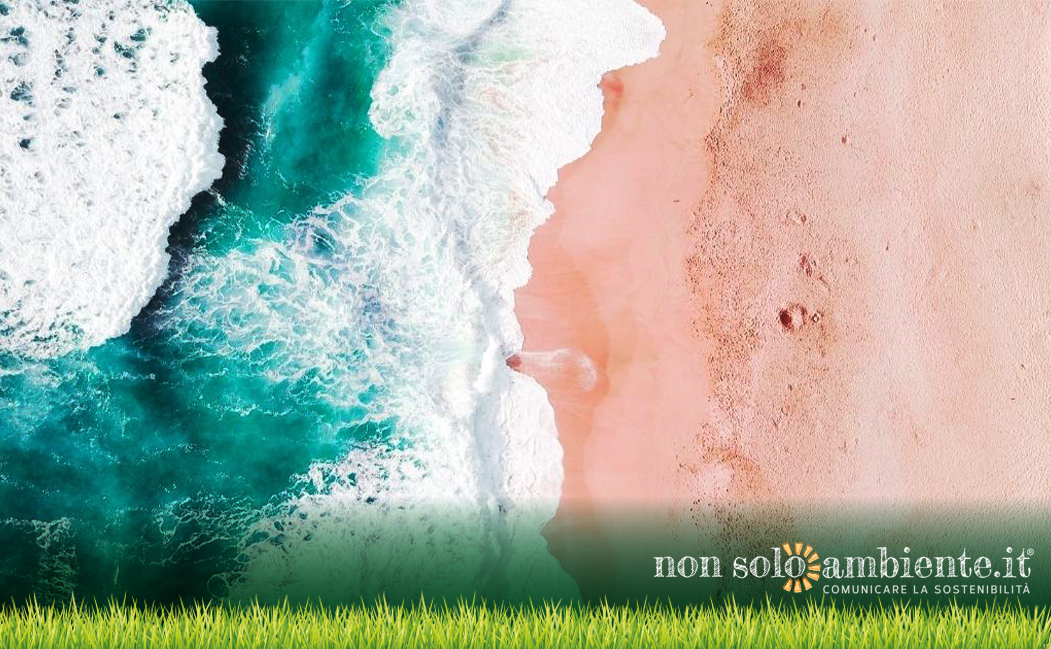
Ultime Notizie

A few years ago it was only a remote hypothesis, but today scientists at the King Abdullah University of Science and Technology (KAUST) proved that extracting lithium from the sea is not only possible but also economically viable.
Thanks to electric cars' rapid distribution (more and more car manufacturers are converting to electric), lithium for their batteries is therefore getting a pretty popular material. For this reason, numerous studies aimed at finding out how to purchase lithium in an ecological and inexpensive way.
It is well known that the sea contains a huge amount of lithium: 5,000 times larger than the soil. Although lithium's concentration in the sea is only 0.2 parts per million, the size of the seas and oceans of our planet suggests that, if extracted correctly, this material is highly available.
This is what KAUST - King Abdullah University of Science and Technology in Thuwal, Saudi Arabia stated in the study "Continuous Electrical Pumping Membrane Process for Seawater Lithium Mining" (published in the Energy & Environmental Science journal). The Saudi Arabia University researchers showed a feasible and cost-effective approach to ensure the supply of lithium.
KAUST scientists developed a system to produce lithium from seawater, after several tests in the Red Sea. To extract the lithium, it was employed an electrochemical cell that contains a ceramic membrane (made of LLTO). Such membrane is equipped with holes wide enough to pass the material but just narrow to filter larger metal ions, such as potassium, magnesium and sodium, which could make lithium less pure. This method is economically convenient because one can purchase hydrogen and chlorine as waste products, as well as partially desalinated water.
According to scholars, through this process, it is possible to produce 1 kg of lithium at a cost of about 5 dollars - for the electricity costs to power the extraction process itself. The next challenge will be the membrane production costs' optimization, in order to produce it on a large scale - which will allow extracting more lithium at affordable costs.
Tags:
Potrebbero interessarti ...
Snam’s commitment to sustainability at Dubai Expo 2020
13 Ottobre 2021No more chocolate by 2050 because of extreme droughts effects
22 Settembre 2021How much CO₂ do urban forests absorb?
15 Settembre 2021Iscriviti alla nostra Newsletter!
Sei un sostenitore dell'ambiente in tutte le sue forme? Allora sei nel posto giusto!
Iscriviti subito!